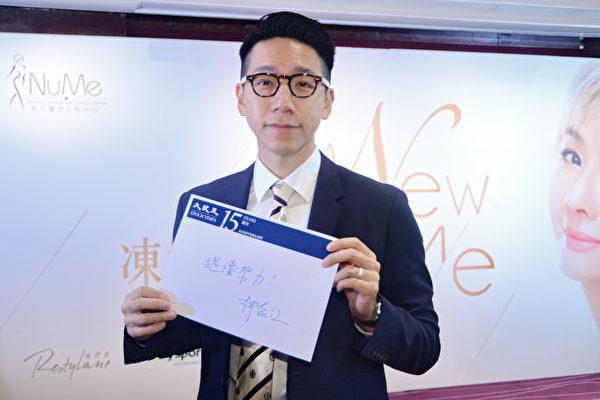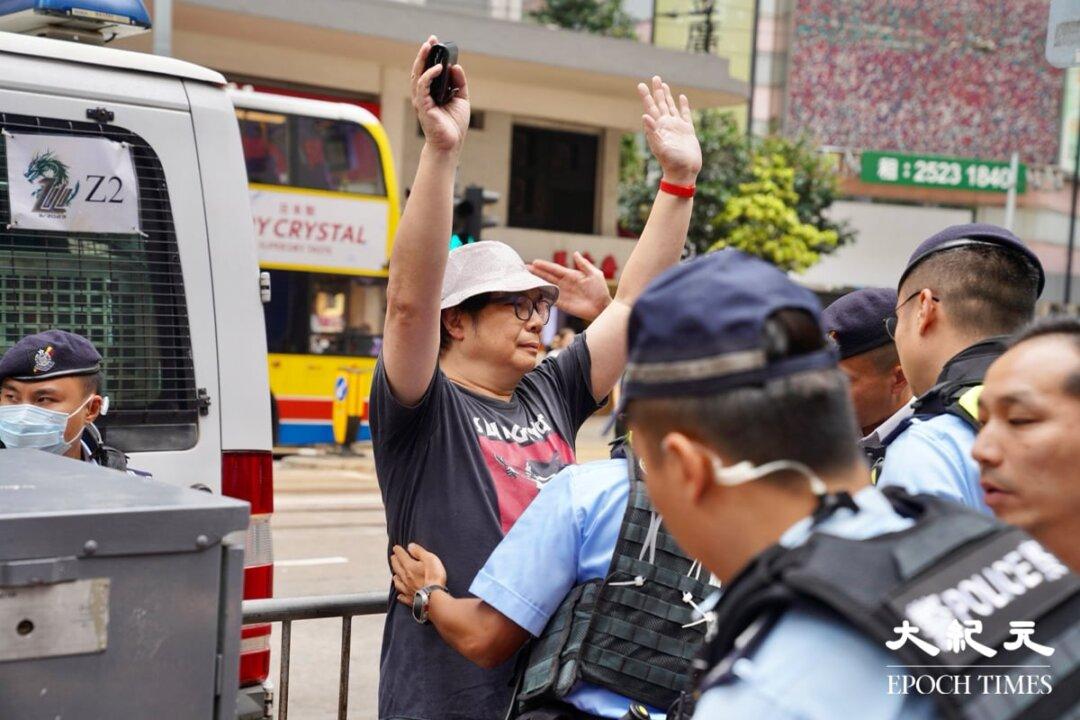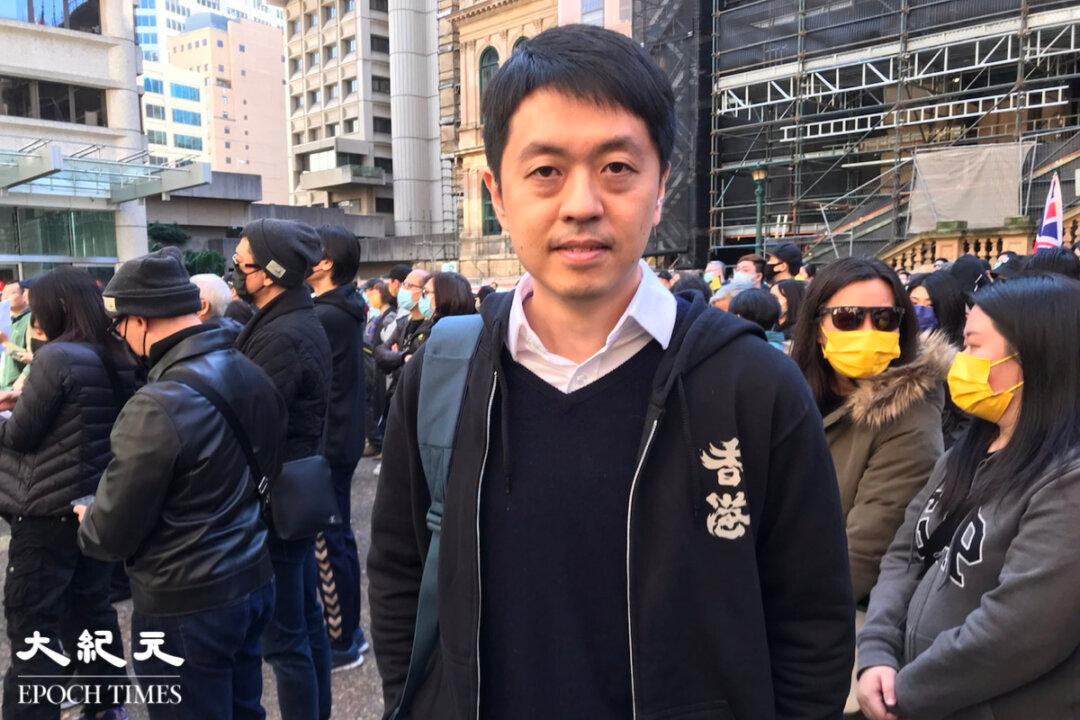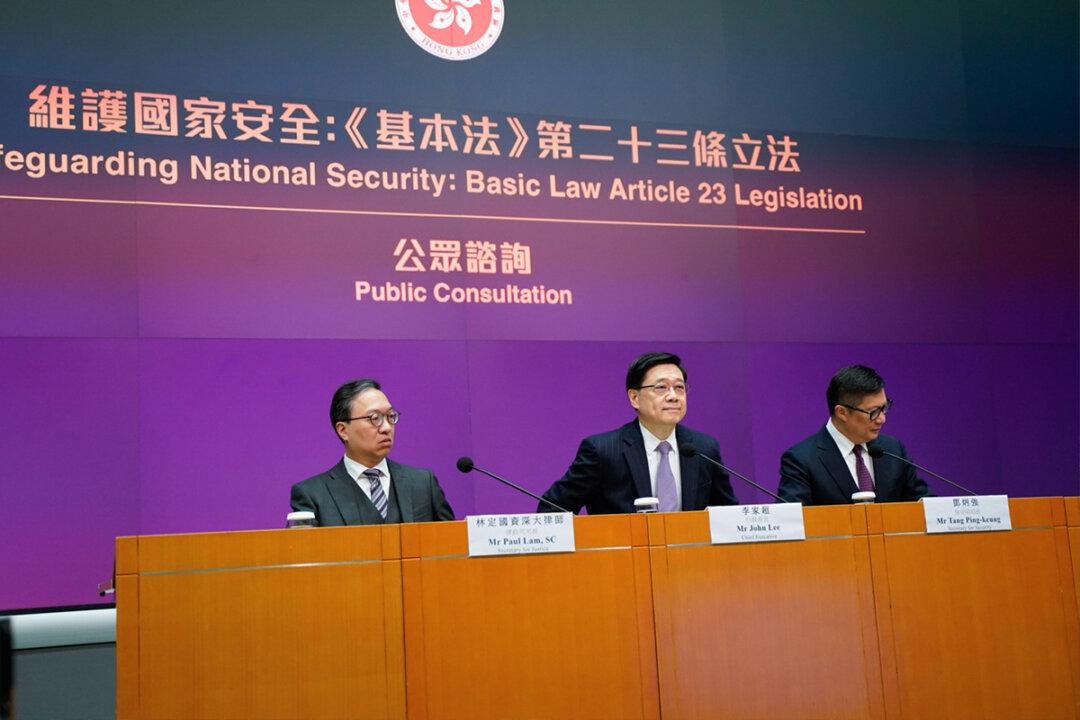Ryan Lau Chun-kong, former TVB news anchor and a veteran media professional in Hong Kong, committed suicide by burning charcoal on Jan. 5. Known as the “prince of journalism,” he had for years exposed the destruction of Hong Kong’s press freedom and stood up for the underprivileged.
On Jan. 5, Mr. Lau was found lying down in a village house in Tai Po, and was confirmed dead at the age of 42. No suicide note was found at the scene.




